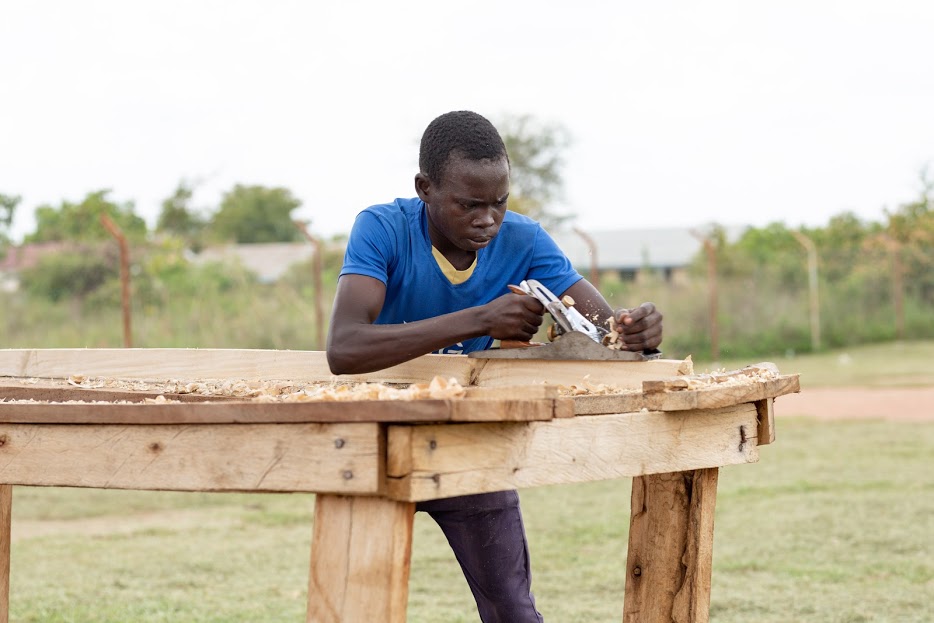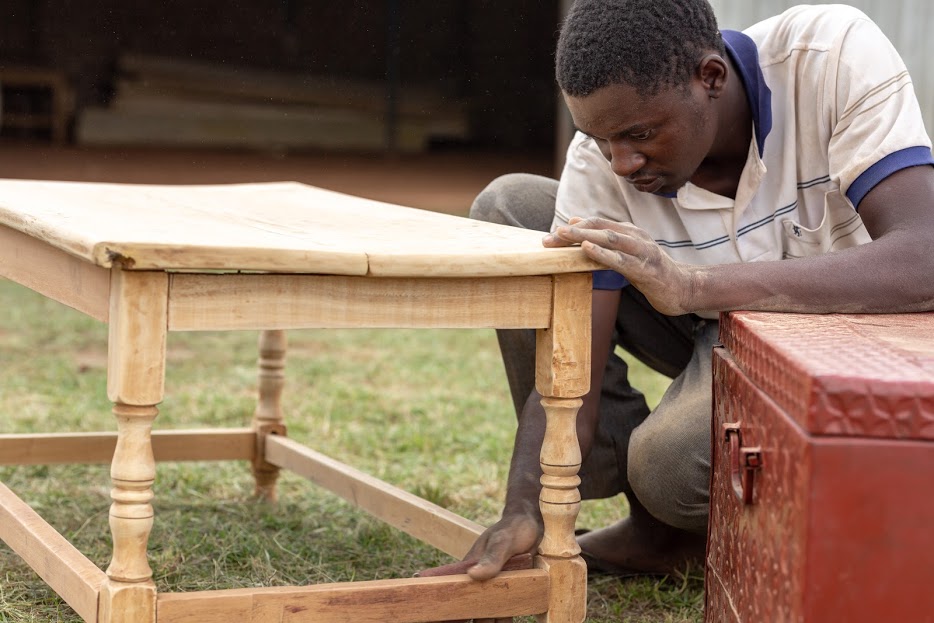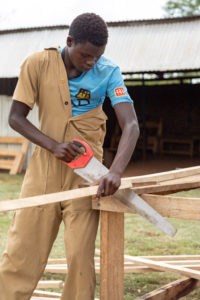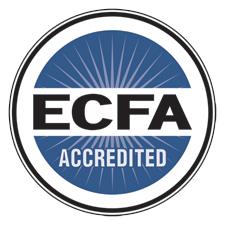Teso Skills Development and Learning Center
Country: Uganda
City/Town: Soroti Town, Teso Region
CarePoint: N/A
People Impacted: 120 every 2 years
Total Cost: $ 1,537,207.74
Estimated time to complete: Multi-year program and project
Area of Transformation
Education
Economic Development
Project Description
The objective of the project is to improve the livelihood of out-of-school youth through providing life skills that empower them to engage in meaningful activities of economic value and job creation.

Historical Background
For young Ugandans coming from rural areas, it is less likely for them to compete in the job market, because they do not have established networks and may not be able to attend good schools because of the cost.
Reports in 2002 reveal that youth unemployment in Uganda was estimated to be approximately at 23% and has since risen to 32.2%. Facts about youth unemployment indicate that 53% of the Ugandan labor force consists of people between 14 to 64 years old. About 85% of the labor force occurs in rural areas (where Teso sub region is), in which close to 77% of workers either have no education or have only attained primary education. In addition, 75% of the labor force are below 40 years old. This data shows that the majority of the individuals entering the labor force are unequipped for vocational success.
Youth unemployment, if not addressed properly, has social and economic consequences in which young adults are forced to find alternative ways to generate income to survive. Unemployed youths migrate from rural to urban areas for work, which negatively impacts the social services sector in urban centers. Youths who remain unemployed or underemployed and do not leverage their full potential are trapped and discouraged by miserable job prospects. Some turn to street sex work, violent criminal activities, gambling, and drug abuse to survive. This ends up harming their potential, and destructive behaviors may lead them to criminal acts. It is these challenges that HopeChest Uganda intends to address by establishing a vocational skills center.
HopeChest has, in the past five years, trained 100 youth with different skills and empowered them to start their own businesses using the skills they attained. HopeChest Uganda is hopeful that we can create a more inclusive, holistic training for our youth through a skills-training center, which shall be managed jointly with the community.

Return on Investment Potential
Opening this training center, targeting groups from the informal economy, will allow a range of training measures to be expanded and adapted to the specific needs and educational background of the learners. It is vital that the courses are oriented to meet local demand and adapted to the context of the informal economy.
HopeChest Uganda has put a plan in place to empower the project and carry out its activities with funding phases. The carpentry workshop will be the major anchor for the sustainability of this project. Funds will be gained from the sale of furniture and machinery services to the public. The members of the cooperative will also be making annual contributions to the resource envelope of the facility. The best performing carpenters will be asked to invest in the program by training others so as to reduce the cost of hiring instructors.
Additional Impacts
This will be one of the most loved projects in the community, because of its practicality in equipping, inspiring, and empowering young people to take charge of their destinies. The government of Uganda is promoting youth empowerment initiatives that have not been able to reach all the youth and this causes anger among those who miss out, so this project will fill those gaps. The community has a very positive attitude towards the establishment of the carpentry workshop that will empower other carpenters’ access to modern machines.
Volunteer and Travel Opportunities
Donors are encouraged to visit the Teso Skills Development and Learning Center project and the community.

Engagement Opportunities
Donors with various vocational skills are encouraged and welcomed by the community to share their experience and provide trainings to the youth in the program attending the program.




